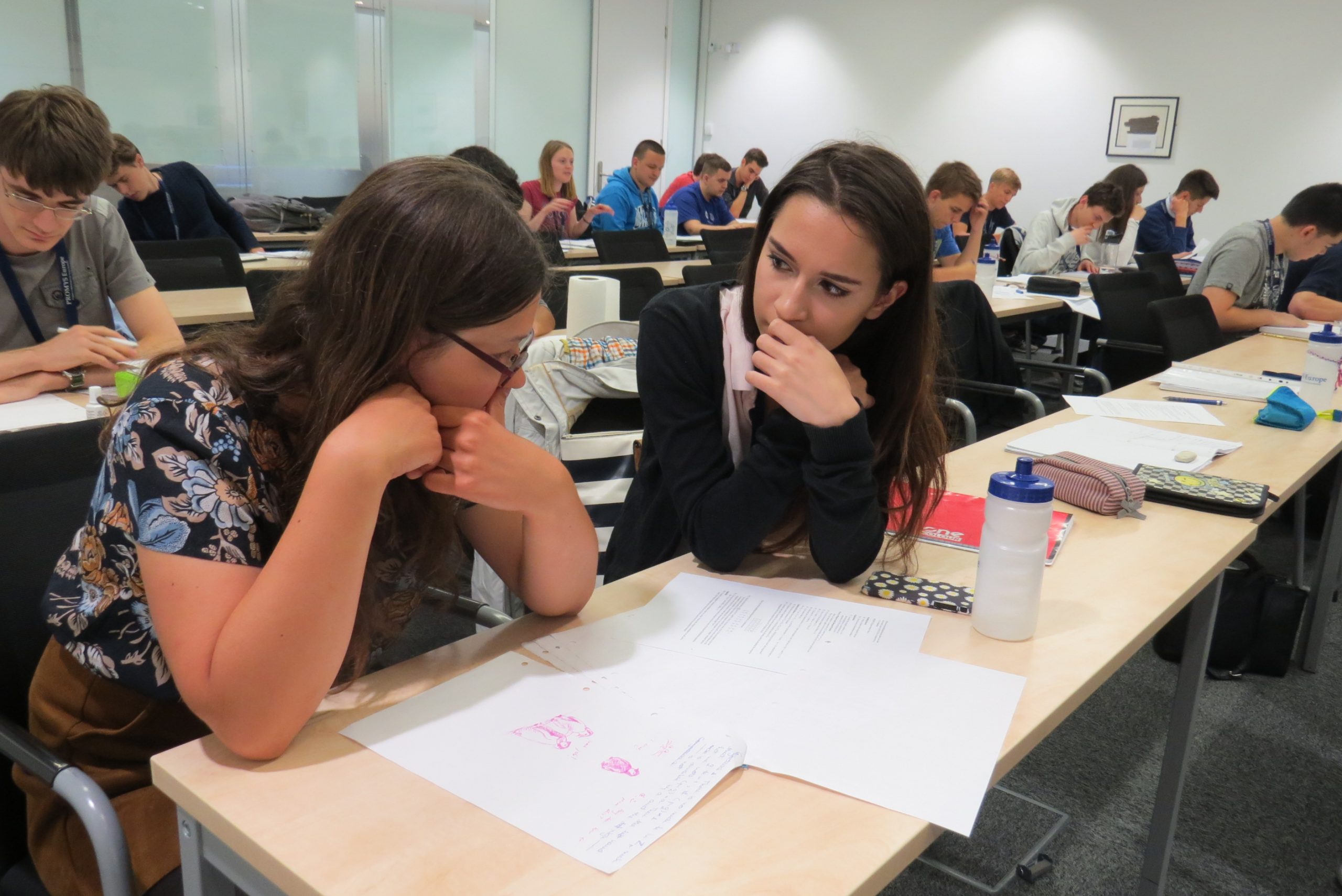Programme Structure

In mathematics, maybe more than in any other science, research is an activity of the mind. The primary goal of the mathematician is to understand – to discover essential ingredients of complex systems in order to render them simple, to find order within apparent chaos, to draw analogies between different structures, and to find connections between seemingly disparate branches of mathematics and science. To make interesting new contributions in the field of mathematics requires a healthy mix of creativity, experience and hard work.
A typical day takes place in the Mathematical Institute, beginning with the Number Theory lecture which meets Monday to Friday from 9:00 a.m. to 10:15 a.m. The more experienced students will also attend lectures intended primarily for returning students. Participants spend most of the remainder of their time working independently or in small groups on problem sets distributed at the end of each class meeting. The problems will encourage students to design their own numerical experiments and to employ their own powers of observation to discover mathematical patterns, to formulate and test conjectures, and to justify their ideas by devising their own mathematical proofs. The Mathematical Institute provides the setting for students to continue to work on problem sets throughout the day. Some may work in groups; others individually. Counsellors review student problem sets daily and are always available to help guide students in the right direction.
Many first-year students also meet in small groups to work on exploration projects, guided by a counsellor. Returning students have an opportunity to work on research projects proposed by research mentors who are professional mathematicians.
There are Guest Lectures by mathematicians in academia and industry. There are also frequent seminars and minicourses given by counsellors on a wide range of mathematical topics.

Images courtesy of Wadham College
